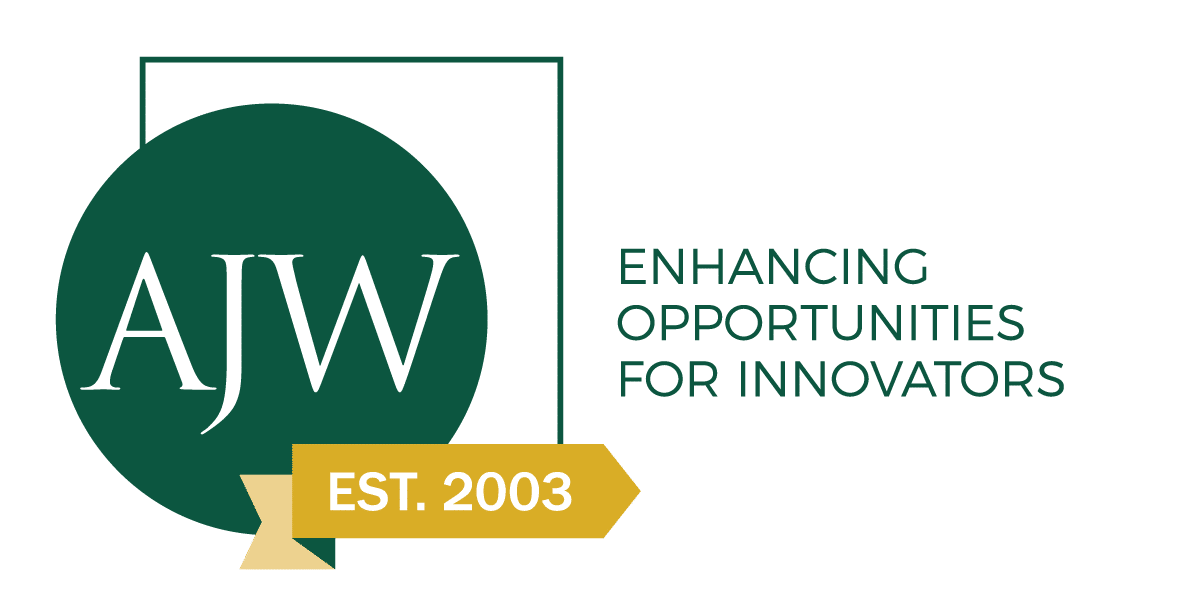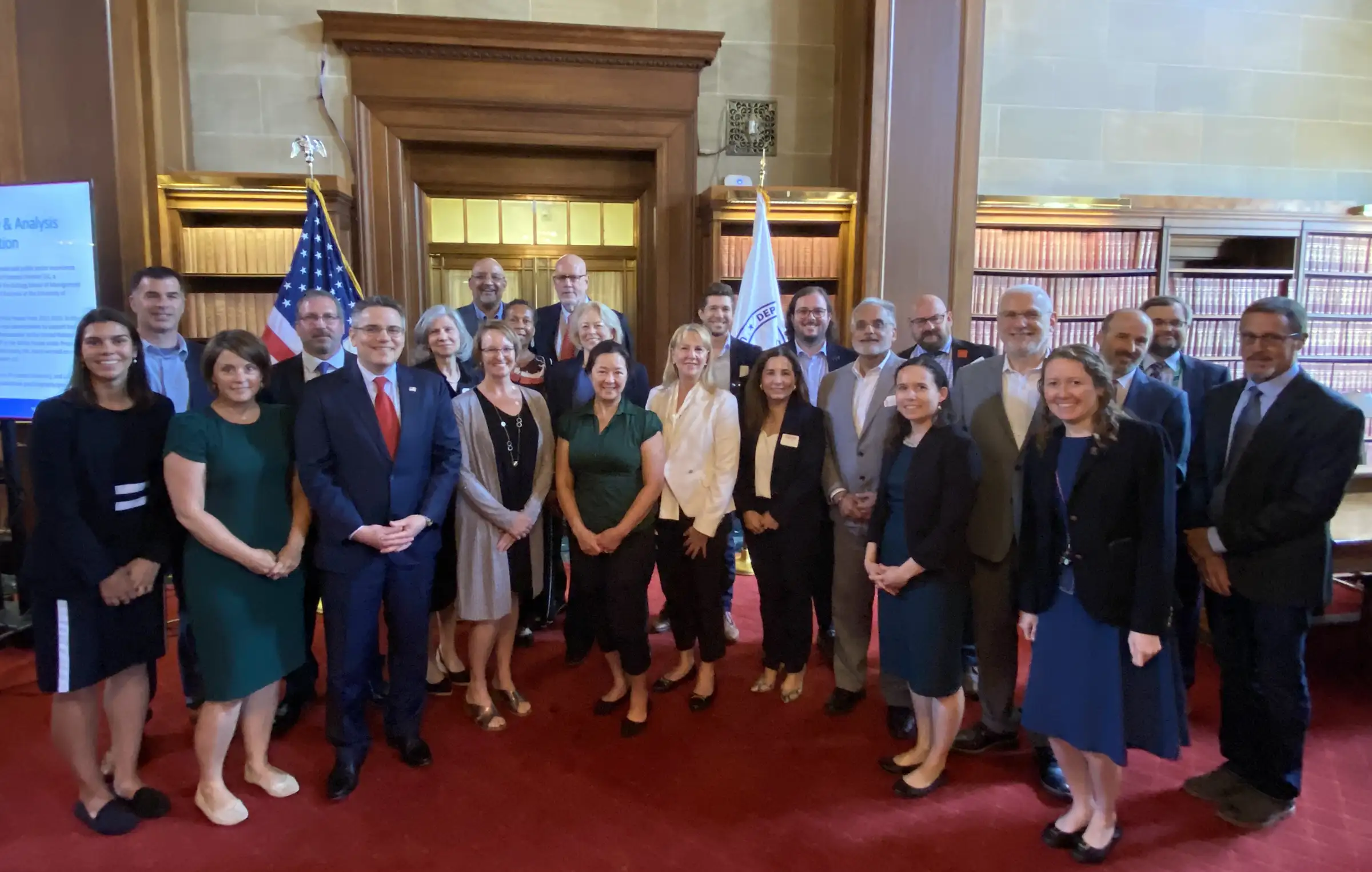Global market insights from the Environmental Technologies Trade Advisory Committee (ETTAC)

Over the past six years, I have served ETTAC in its mission to expand global markets for U.S. exports of environmental technologies and services. I also had the privilege of serving as its chair for the past two years.
By Clare Schulzki, AJW Senior Project Director and ICAC Executive Director
ETTAC offers industry advice and guidance to the U.S. government regarding the development of policies and programs, advising a U.S. government agency group called the Environmental Trade Working Group (ETWG), which includes representatives from:
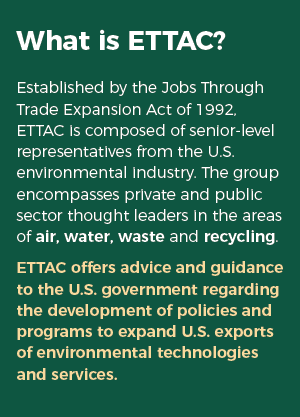 Department of Commerce (Co-Chair)
Department of Commerce (Co-Chair) - The Environmental Protection Agency (Co-Chair)
- Department of Energy
- Executive Office of the President
- Department of State
- Department of Treasury
- U.S. Trade and Development Agency
- U.S. Agency for International Development
- Small Business Administration
- U.S. Export-Import Bank
- U.S. International Development Finance Cooperation
Bolstering U.S. Jobs, Technology Innovation, and Environmental Solutions
Representatives across the private and public sectors – small and medium businesses, large corporations, and trade and industry associations – collaborate through ETTAC to identify challenges and propose recommendations to help expand the exports of U.S. environmental technology solutions.
These recommendations benefit U.S. jobs, advance technology innovation and meet environmental challenges.
Over the past two-year ETTAC charter, wide agreement among the members led to recommendations in three key areas.
1. Keys to Market Access: Codes, Standards, Verification and Harmonization
The absence of U.S.-based environmental equipment standards, certifications and verifications limits export opportunities for U.S. companies.
ETTAC identified the need to incorporate science- and evidence-based approaches and standardized test methods. This issue spans discussions with government bodies such as the European Chemicals Agency to address potential restrictions on the import of products containing PFAS, to technology validation for air emissions measuring and monitoring systems needed to meet climate goals.
2. Supporting and Promoting New and Emerging Technologies
ETTAC recommended continued government support for innovators of new and emerging air, water, waste and recycling technologies.
This recommendation included GHG management technologies, such as key additional pathways to store or reuse CO2 in a circular economy and promoting U.S. expertise in methane management.
ETTAC also called on the government to help incentivize domestic technology development. Suggested pathways for support included federal procurement and expanding the project list from financing agencies like the Export-Import Bank of the U.S. (EXIM) to include funding to address climate concerns by supporting new/emerging technologies.
3. Market Intelligence and Trade Promotion
ETTAC also recognized and made several recommendations relating to the need for Market Intelligence Roundtables and Technical Exchanges, including those that are sector-specific (air, water, or waste and recycling).
ETTAC also recommended better coordination with various government agencies in order to maximize their existing workstreams and create better awareness of U.S. technology solutions.
For example, the International Trade Administration’s (ITA) Top Markets Reports series and the U.S. Trade and Development Agency’s (USTDA) reverse trade missions could work hand-in-hand to create interest in U.S. technologies. During reverse trade missions, USTDA brings representatives of developing countries to the United States to learn more about U.S. technologies. By focusing on markets identified in the Top Markets Reports, USTDA missions could help developing economies learn more about carbon and other air emissions management, solid waste management and recycling, water treatment and reuse technologies.
The benefits of technologies in one sector can lead to benefits in another. For instance, deploying low-energy water and wastewater treatment and reuse technologies can create significant energy savings to help meet climate goals.
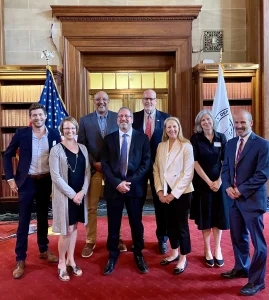
Members of the Trade Facilitation Subcommittee
Informing Future Trade for Environmental Technologies
The Administration recognized the technical expertise and depth of information provided by ETTAC members and responded to every recommendation. In fact, various agencies look forward to developing trade missions, here and abroad, that will focus on water treatment and reuse technologies and carbon, methane and other air emissions management technologies needed for achieving decarbonization.
ETTAC recommendations also help inform U.S. negotiating positions on how project classes and environmental technologies are covered in the Organization for Economic Co-operation and Development (OECD) arrangement for export credits. And, the U.S. government will continue to discuss concerns raised by ETTAC with trade partners bilaterally and multilaterally as they address global environmental concerns.
ETTAC Helps Innovators Expand Market Possibilities
Participation in ETTAC has helped AJW to better serve its clients by working collaboratively with the relevant federal agencies that focus on promoting U.S. environmental technology solutions and overcoming barriers in a competitive international landscape. Additionally, the group developed relationships for ongoing networking and resourcing between ETTAC participants. These collaborations with agencies and other like-minded organizations fit naturally with AJW’s mission of helping environmental technology innovators expand their market possibilities both here and across the globe.
What’s Ahead for ETTAC?
The work of the current two-year ETTAC charter has been completed, and a new charter will be appointed in the coming months to begin work in the new year. Because ETTAC is a collaboration of individuals with various interests and market sectors, it will meet, organize, and identify issues they believe they can recommend in support of advancing U.S. environmental technologies as these markets mature.
The topics addressed during the recent charter – mutually recognized performance standards for environmental technologies, continued support for new and emerging technologies, and coordinating government efforts to aid robust market intelligence and export promotion – will likely be ongoing themes for the next charter to address.
Clare Schulzki is the Executive Director of the Institute of Clean Air Companies (ICAC), a trade association managed by AJW. She oversees the association’s operations and finds ways to maximize the reach of ICAC to benefit its members’ business objectives. Clare identifies and tracks important developments in legislation, regulation, and the market, and organizes government agency interaction to create an informed environment for optimal regulatory and marketplace outcomes for all.
